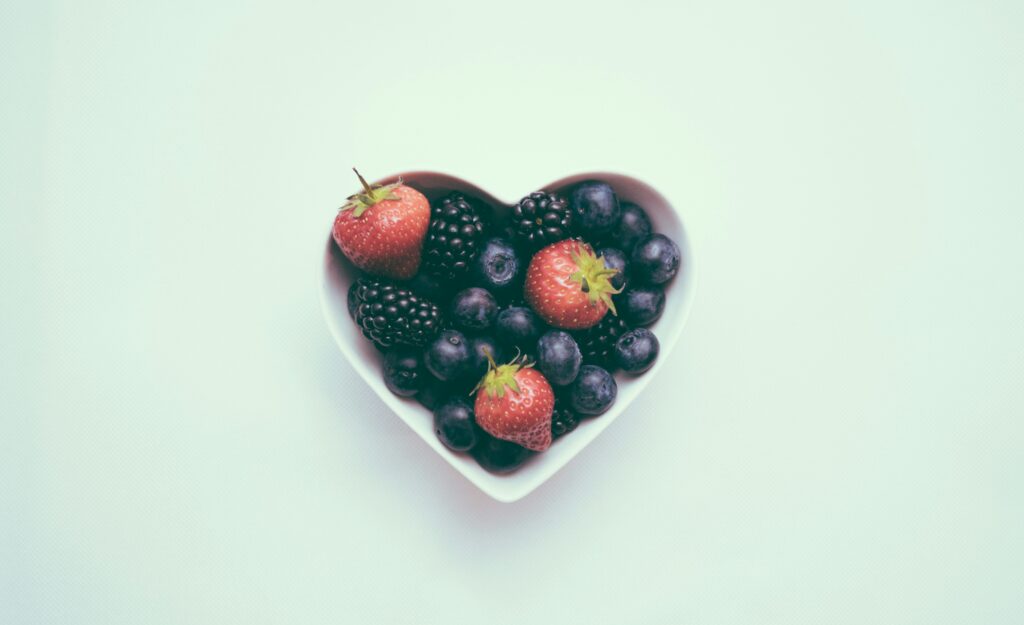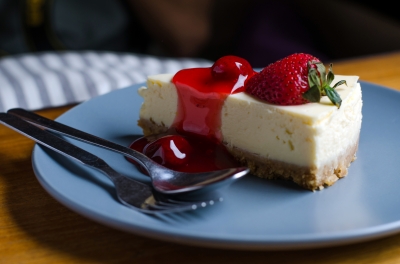Triglycerides: What They Are & Proven Ways to Lower Triglycerides Naturally

Triglycerides are a type of fat found in the blood. After you eat, your body converts any calories it doesn’t need to use right away into triglycerides, storing them in fat cells. Later, hormones release these triglycerides for energy.
While triglycerides are essential for overall health, high levels can increase the risk of heart disease and may signal metabolic syndrome. This condition includes a combination of risk factors such as high blood pressure, high blood sugar, excess belly fat, and abnormal cholesterol levels.
How to Lower Triglycerides
Keeping triglyceride levels in check is essential for heart health. Recent studies highlight several effective strategies:
Continue readingCan Probiotics Lower Cholesterol Levels?

Understanding gut bacteria and how they impact metabolism, heart disease, diabetes, and obesity may provide new treatment options.
Trillions of bacteria and other microbes live within our gut. This microbiome is necessary to neutralize by-products of digestion, decrease toxins and carcinogens, and inhibit the growth of unhealthy bacteria and yeast. The microbiome also aids in the absorption of nutrients, supports the digestive process, and produces vitamins B and K.
Research published in the journal Circulation Research found the microbiome may also play a role in body mass index (BMI) and blood lipid levels (i.e. HDL and triglycerides).
Continue reading
Triglycerides: What Fat and Sugar Have in Common
 Holiday splurges can result in more than extra weight to shed in the New Year. Sweet cookies, pies, and candies all rich in fat, along with excess alcohol and calories can lead to a spike in triglyceride levels. This increase in triglycerides may put you at increased risk for heart disease.
Holiday splurges can result in more than extra weight to shed in the New Year. Sweet cookies, pies, and candies all rich in fat, along with excess alcohol and calories can lead to a spike in triglyceride levels. This increase in triglycerides may put you at increased risk for heart disease.
In the Q&A section below, Lorraine Matthews-Antosiewicz, registered dietitian and author of 10 Days to Sugar Free: Sugar Detox Survival Guide, has answered questions regarding the relationship between triglycerides, sugar, and fat.
What are triglycerides?
Triglycerides are a type of fat that come from food, and your body also makes them. They are the most common type of fat found in the body. Triglycerides are continually circulating in the blood ready to be metabolized to provide a source of energy when needed, but their main function is to store energy for later use. When you consume more calories than your body can use, it converts the excess into triglyceride and stores it in fat cells. Fat cells hold the triglyceride molecules until your body needs energy between meals. Hormones signal the fat cells to release the triglycerides for your body to use.
Why do triglycerides matter?
Omega 3 & Common Fish Oil Myths

Have you had a chance to review some of the Omega 3 information I’ve shared? If not, here are links to some resources:
How much omega 3 do you need to lower cholesterol?
Top Omega 3 Sources to Lower Cholesterol
Now, let’s get a another point of view from Dr. Fred Sancillio.
Dr. Sancilio is a development scientist. He has published over 20 articles in peer-reviewed scientific journals and has presented to scientists in conferences around the world. He started his career as a physical and analytical chemist in the Research Division of Hoffmann-LaRoche, Inc. Dr. Sancilio earned his M.S. and Ph.D. degrees in Physical and Analytical Chemistry from Rutgers University.
According to Dr. Sancilio, if you take a fish oil supplement to help lower your LDL cholesterol, you’re wasting your money. The same may hold true if you think there’s not much difference between the various types of fish oil and omega-3 supplements on store shelves except perhaps the capsule sizes (and the size of the smelly, fishy belches some cause after you take them).
So, let’s dive into a Q & A discussion different aspects of omega 3 and what Dr. Sancilio refers to as myths…
Niacin–Statin Study Didn't Give Desired Results: Stopped Early
 The National Institutes of Health stopped a clinical trial studying a blood lipid treatment 18 months early. The study found that adding high dose, extended release niacin to statin treatment for patients with heart disease did not reduce cardiovascular events, such as heart attacks and strokes.
The National Institutes of Health stopped a clinical trial studying a blood lipid treatment 18 months early. The study found that adding high dose, extended release niacin to statin treatment for patients with heart disease did not reduce cardiovascular events, such as heart attacks and strokes.
Study Participants
This study was referred to as AIM-HIGH (Atherothrombosis Intervention in Metabolic Syndrome with Low HDL/High Triglycerides: Impact on Global Health) and the 3414 participants were selected because they were at risk for cardiovascular events despite having a well controlled LDL cholesterol level. They were at increased risk due to a history of heart disease combined with low HDL cholesterol and high triglycerides. Low HDL levels and high triglycerides are both linked to increased risk of cardiovascular events.
Study participants were divided into two groups.
Lower Triglycerides when you Cut Back on Sugar
 Limiting sugar intake is essential if you are working to lower triglycerides. Sugar has a direct impact on triglyceride levels.
Limiting sugar intake is essential if you are working to lower triglycerides. Sugar has a direct impact on triglyceride levels.
Here are 5 tips to cut back your daily sugar intake:
1. Gradually cut back.
If you eat a high level of sweets daily it’ll be very difficult to cut them out “cold turkey”. Gradually wean yourself off the sugar. If you have 2 cans of soda daily, cut back to 1. If you enjoy dessert with lunch and dessert, cut back and limit dessert to one meal only. Continue to wean yourself down until the sweets are an occasional treat.
2. Use sugar substitutes when baking.



